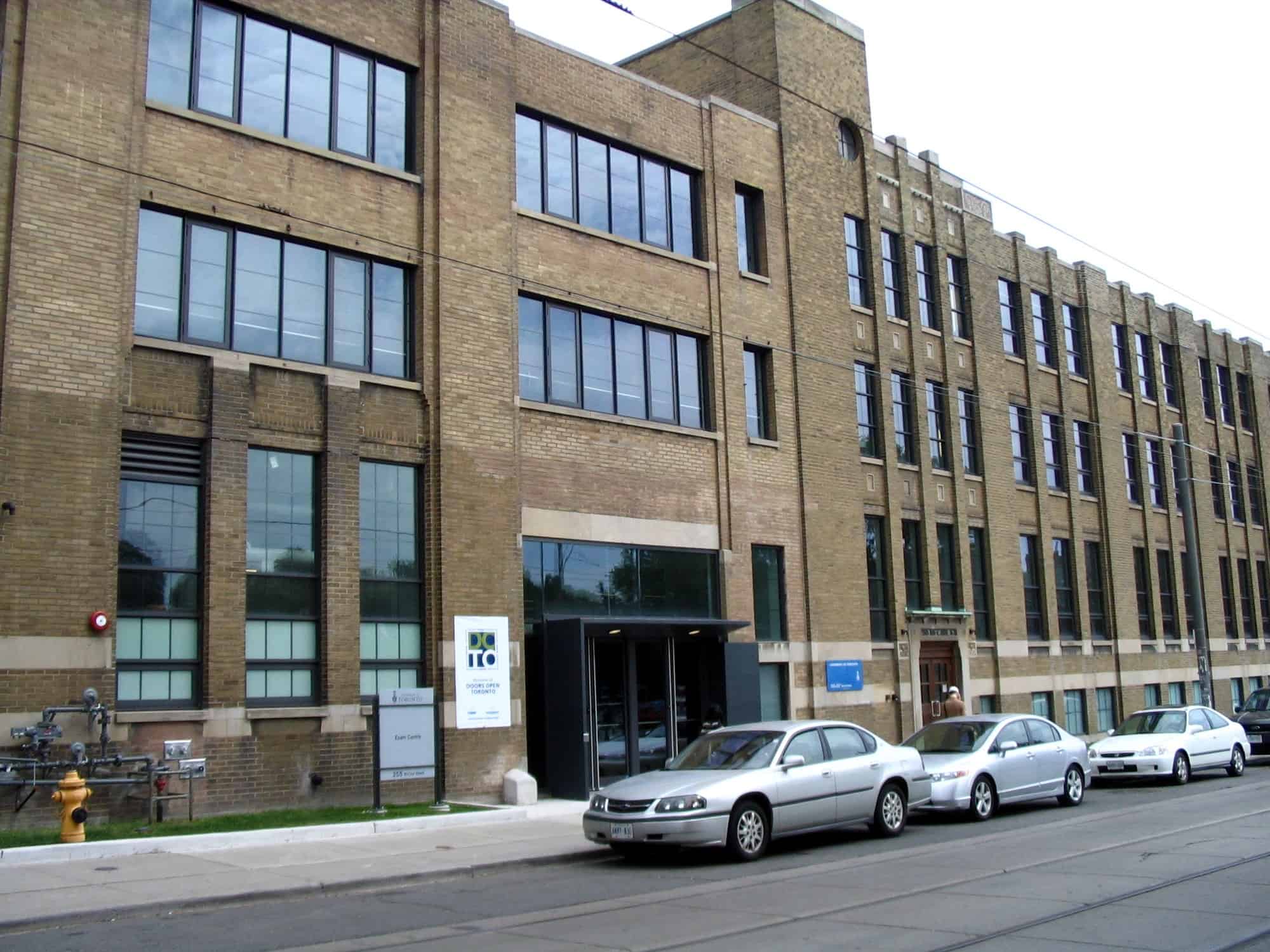The vaccine clinic located at the U of T Exam Centre on McCaul Street has reopened in response to the latest wave of COVID-19 caused by the Omicron variant. The clinic is operated by the University Health Network and is aided by Sinai Health, as well as U of T clinicians, administrators, and faculty. As of this week, over 31,700 people have gotten their vaccines at the clinic since its reopening.
The reopening process
According to Erin Bearss, chief of family medicine and emergency room doctor for Mount Sinai Hospital, the clinic adjusts its capacity on a weekly basis according to demand. When demand is at its highest, the clinic can vaccinate up to 2,500 people per day. In the past, the clinic has vaccinated up to 2,000 people in a day.
Bearss noted that reopening the clinic has proven to be a relatively smooth process, since the team is experienced, and many relevant processes and policies were already in place from the first time the clinic was opened. “It was like bringing the band back together,” she said.
Bearss said that the team plans to keep the clinic open until at least mid-February in anticipation of the university’s plans to return to in-person learning, and encourages people to visit the clinic to get their boosters and vaccines.
University involvement
The clinic also employs the skills of professionals from the Faculty of Pharmacy. Since it has been facing a high demand for vaccines, the faculty has increased staffing capacity in the pharmacy department by hiring more students, as well as some retired pharmacists.
Linda Dresser, an assistant professor at the Faculty of Pharmacy, wrote in an email to The Varsity that the faculty’s role is to receive and maintain the efficacy of the vaccines, which need to be temperature-controlled, as well as to prepare individual doses of the vaccines. Additionally, departmental staff work closely with the clinic’s medical lead to ensure that the fewest number of vaccines are wasted.
The biggest change is the challenge of offering multiple vaccine regimens simultaneously. Previously, only two vaccine types were offered, under the standard two-dose vaccination system, but now the clinic also offers pediatric vaccines and Moderna booster shots that are different from the primary series doses, as a result of changes in vaccine eligibility. Nonetheless, the staff’s previous experience has offered insight into the operation, enabling more cohesive and fluid operation of the clinic.
Dresser added that reopening the clinic has gone smoothly for the Faculty of Pharmacy as well, since all the necessary resources were stored in highly accessible areas. “This has been a unique opportunity for the faculties of medicine, nursing and pharmacy to come together to work in a clinical setting outside of the usual structure of the health care system,” Dresser wrote.
Moreover, Dresser believes that participating in running a mass vaccine clinic offers unique experiences to students, seeing as they gain the opportunity to work closely with a number of professors from different faculties. Furthermore, she wrote that students working at pop-up clinics over the summer gained important insights into the social barriers to health care access faced by diverse groups.
Appointments can now be made online through the provincial booking system and are open to all members of the U of T community.


